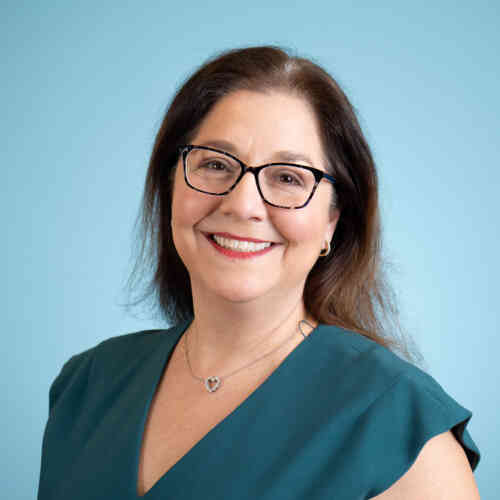Three ways to kick off your first year as a Community School Coordinator


Whether you're brand new to your school – or brand new to the Community School Coordinator (CSC) role – take these three tips on how to kick off your first year as a CSC.
In your first three months as a Community School Coordinator, it’s important to understand your school – its systems, academic goals, strategic plan, leadership culture, goals for CS development, and the people who make up the school community (more on that later). Some things you might want to check out include your school’s School Plan For Student Achievement (SPSA), the California Community School Partnership Program (CCSPP) grant application components that pertain to your school (like the needs assessment artifacts and goals), and information about the existing teams (COST, MTSS). You may also want to check out existing supports for caregivers and families. Does your school have a family resource center or a family liaison, for example, or a calendar for family events? Finally, familiarize yourself with the CS Essentials Framework and the role of the CSC, and sign up for any capacity building opportunities available to you as a new CSC–either through your LEA, or partners like CSLX and your RTAC.
Students, caregivers, teachers, the principal, the leadership team and community partners–oh my! Building trusting relationships is a key component of sustained CS development. Set up time to connect with the different interest holders in your school. Take some time to understand their roles, perspectives and visions for your school. You’ll want to set up a regular meeting time with some interest holders – like the principal, community partners and parents. You’ll want to think about engaging others in your advisory council, and you’ll want to loop back with many of them when you dive into the needs assessment and asset mapping processes. It probably goes without saying but taking time to connect with people (and I mean all the people) early in your work as the CSC is critical to starting to build trust and strong relationships.
Take some time to think through the upcoming months. What do you want to accomplish? What will your postcard from June 2025 look like (the highlights reel, in other words)? And what do you need to do, month by month, to get from here to there? Chart out when you’ll convene for your advisory council and what they’ll focus on in the coming months. When will you tackle the needs assessment and asset mapping? Are there any months where you want to focus on a particular theme (like Attendance Awareness Month in September, or Lights On Afterschool in October)? Think about the SPSA development process and how and when you might connect yourself and other interest holders into that process, and be sure to note any school traditions or special events. And don’t forget to think about capacity building opportunities that will support your development – conferences (like CSxFE in Minneapolis in May 2025) and workshops, and sign up for communications from CSLX, the RTAC and the Coalition for Community Schools.
The Community School Coordinator role is a fun and fulfilling one–and we all know time flies when we’re having fun, so don’t forget to enjoy the ride!
Have questions or want more support? Get in touch with CSLX, and sign up to receive our tips, tricks, tools, and resources over email.

Melissa Mitchell is a community school practitioner with more than fifteen years in the field. Her experiences range from Community School Coordinator to leading the Federation for Community Schools, a Illinois-wide capacity building and policy organization. Melissa has supported community school development in a variety of ways, from providing coaching and direct technical assistance to schools, districts, practitioners and community partners to working with legislators and policymakers to develop supportive-state level policies that advanced community school development across Illinois.